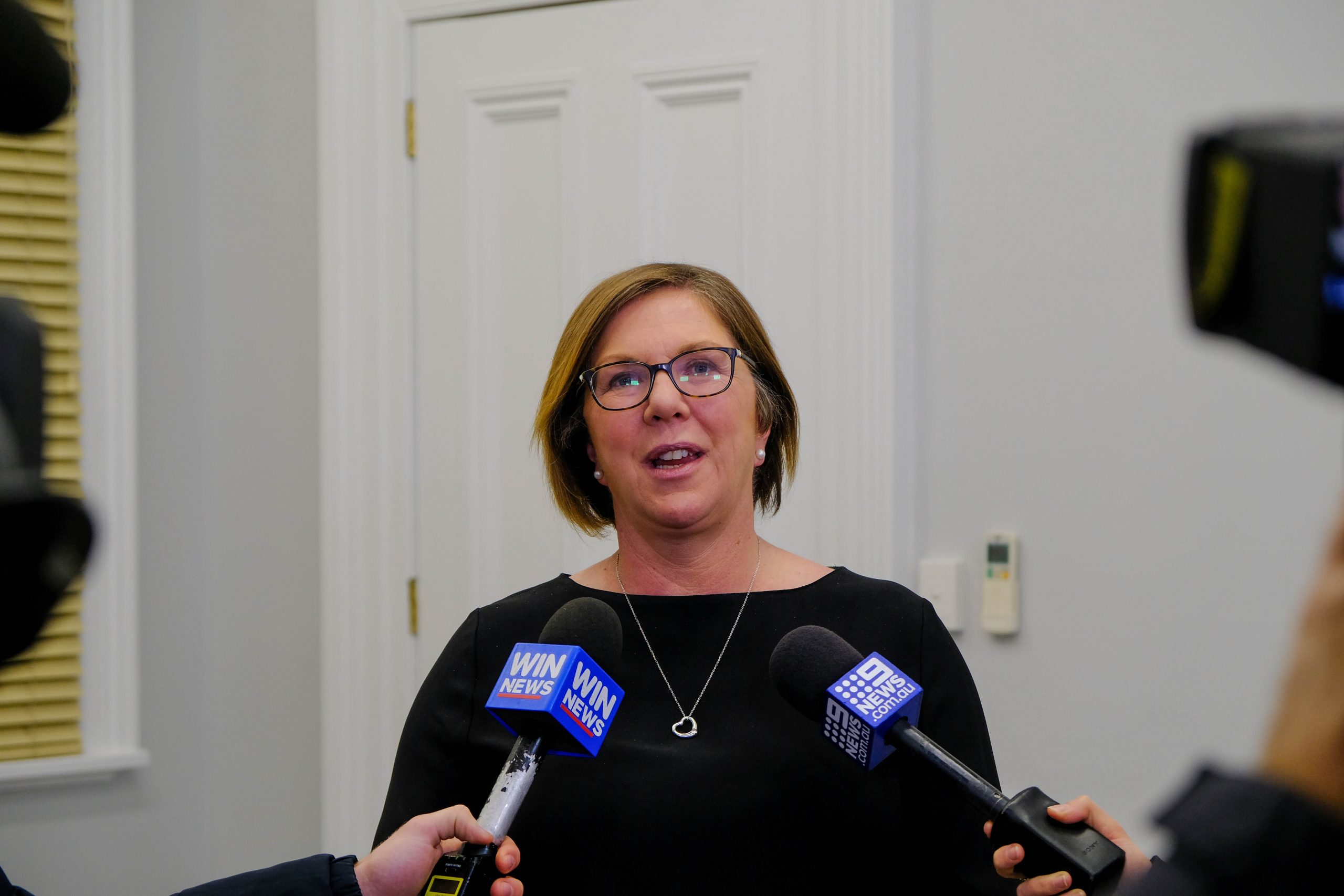The Hon Catherine King MP started her political career after being elected in 2001 to the Federal seat of Ballarat. After six years of serving as Labor’s Shadow Minister for Health and Medicare, Catherine moved to the key economic portfolio of Shadow Minister for Infrastructure, Transport and Regional Development following the 2019 election. Catherine King has extensive experience working in regional portfolios having served as Minister for Regional Australia, Local Government and Territories, Minister for Regional Services, Local Communities and Territories and Minister for Road Safety.
Tell us why you chose to pursue a career in politics
I started my working life as a social worker in Ballarat working with young people in pretty disadvantaged circumstances. I have seen the best and worst of political decisions from that perspective. I got involved in Federal politics because it is the level of government where you can effect enormous change, whether it be improving housing availability, education opportunities, providing better services right the way through to our interactions with the rest of the world.
As Minister for Infrastructure, Transport, Cities and Regional Development, what would your key priorities be?
There is some time before the next federal election in 2022. My priorities are for greater public investment in our infrastructure and to improve partnerships with regional communities and local governments to grow local jobs and improve regional services. The benefits of federal infrastructure investment should flow across the country, regardless of if you live in a regional capital like Ballarat, in remote central Queensland or in the outer suburbs of Sydney.
Six months after the election, Labor is willing to work with the Coalition to boost our regional economies – including those impacted by drought. Unfortunately, ongoing cuts, reallocations and mismanagement don’t leave a lot of room for collaboration.
What is the biggest infrastructure challenge for regional Australia? What do you think needs to be done to solve it?
Equity of investment remains the single biggest infrastructure challenge for regional Australia. Under the Liberals and Nationals our regions are lagging behind major cities in terms of prosperity, aren’t treated equally when it comes to federal investment and not enough locals, including apprentices, are employed on major projects.
The Coalition sidelined the independent Infrastructure Australia and abolished the Building Australia Fund from which it funded projects free of politics. The Federal Government can improve equity in investment by restoring the independence of Infrastructure Australia, and re-establishing a fund from which priority projects can be funded regardless of the political persuasion of the current local member.
Do you think regional cities have different challenges and opportunities to rural towns and remote areas?
The challenges and opportunities for our regional capitals are different but related to the rural towns and remote areas partner with and service. However, across all regions there are common challenges including connectivity within and between regions, and local job creation.
We need to think of our regional capitals and their wider regions differently – each have unique drivers, opportunities and challenges based on geography, socio-economic status, remoteness as well as existing industries and infrastructure. While the regional capital is often home to secondary industries like manufacturing and logistics, and services sectors of health, education and finance, remote communities provide critical primary production across agriculture, mining and forestry.
Regardless of unique regional differences, each region face the same hurdles around connecting communities and attracting and retaining skilled workers.
Are there specific policies that could be put in place to build off those opportunities and address some of those challenges?
The Commonwealth should start by improving engagement with our regions in ways that prioritise investments to improve connectedness and deliver good local jobs.
Government’s role is to grow local jobs and wealth yet we see few if any apprentices on major project sites. Training must not be left to market forces, government must use its investments in major projects to develop the human capital that will also yield long term benefits for a region. To achieve this, we must better link up between and within governments with overarching procurement and training policies that promote good local jobs and training.
Likewise, in transport, we’ve had five years of lost opportunity to connect regional communities and major cities through Faster Rail and High Speed Rail. The new Faster Rail Agency has potential, but progress on business cases appears slow, much of the heavy lifting is left to state governments and the private sector, and not nearly enough federal funding is allocated.
Tell us what you love most about your electorate of Ballarat.
The thing I love most is the people. People across the Ballarat electorate are engaged in all sorts of amazing things, from innovative business, volunteering abroad, performing arts, the environment. There is so much happening across regional Australia at the moment I can’t imagine why anyone would live anywhere else.
